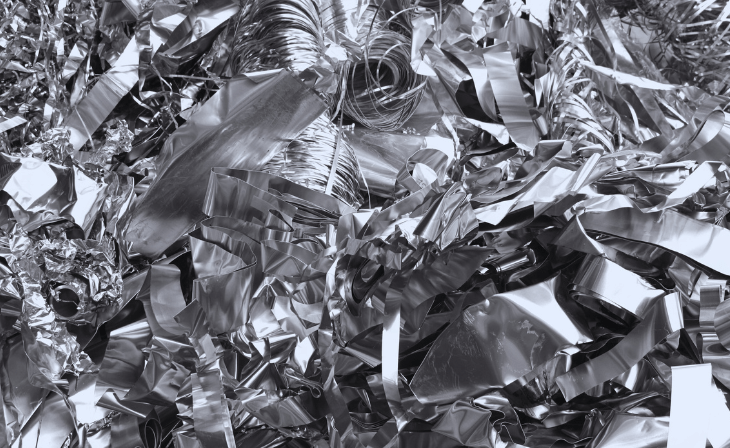Aluminum plays an essential role in our daily lives. It is lightweight, has countless applications, and is infinitely recyclable. Our colleagues in engineering, manufacturing, and research and development have worked hard to make aluminum recycling more cost-effective and precise. The latest CLARITY sorting machines recently left our production facility. CLARITY AI uses artificial intelligence to separate cast aluminum from forged aluminum parts. CLARITY LIBS uses laser technology to precisely sort aluminum scrap according to alloy grades. And all this on six lanes simultaneously, which means higher throughput with maximum precision!” explained the company Binder+Co. via LinkedIn two days ago.
Why does artificial intelligence boost efficiency in these systems, which are already equipped with plenty of sensors?
Sensor-based sorting machines are used to sort bulk materials based on optical properties or differences. The machine uses optical sensors to obtain information about the surface of the object and calculates the data to classify each passing particle into material classes. This allows CLARITY to sort the material according to customer requirements. If classification is not possible due to a lack of clear color differences, a sophisticated algorithm architecture must be used for the calculation. CLARITY AI technology solves this problem. This technology makes it possible to use the smallest optical differences and, if necessary, combine different signal types to derive the desired sorting criteria. [Source: Binder+Co]


